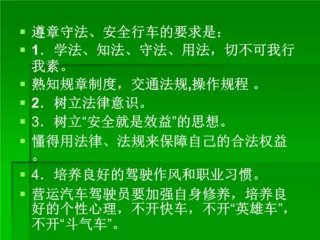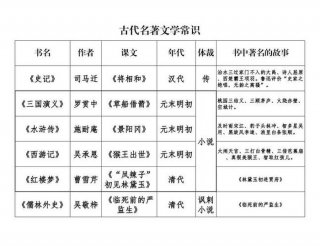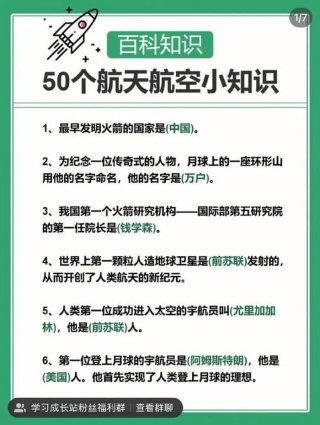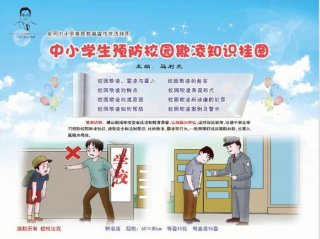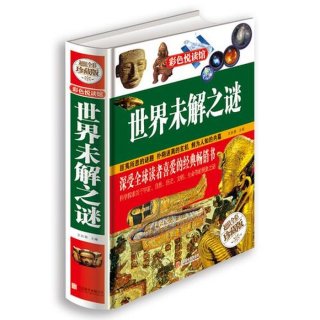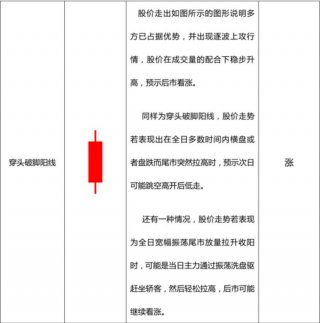生活常识有哪些英语,生活中常用英语
-
生活常识,有,哪些,英语,生活,中,常用,Title,

- 知识-自由百科知识生网
- 2024-03-15 02:00
- 自由百科知识网
生活常识有哪些英语,生活中常用英语 ,对于想学习百科知识的朋友们来说,生活常识有哪些英语,生活中常用英语是一个非常想了解的问题,下面小编就带领大家看看这个问题。
Title: Unveiling the Secrets of Everyday English Phrases
Introduction:
Have you ever wondered about the hidden meanings behind the English phrases we use in our daily lives? From the peculiar origins of common expressions to their fascinating cultural significance, this article aims to unravel the mysteries behind some of the most frequently used English phrases. Join us on this captivating journey as we explore the intriguing world of everyday English.
1. "Break a leg":
Originating from the theater, this phrase is used to wish someone good luck. However, its literal meaning seems counterintuitive. The phrase dates back to the superstitious belief that wishing an actor good luck would bring bad luck. Instead, by wishing them to "break a leg," the opposite effect is believed to occur. This unique concept adds an element of curiosity to an otherwise ordinary phrase.
2. "Cat got your tongue?":
When someone is at a loss for words or remains silent, we often ask, "Cat got your tongue?" This phrase's origin can be traced back to a medieval punishment where liars' tongues were cut off and fed to cats. While the phrase's literal meaning may be gruesome, its usage in modern times adds a touch of intrigue to everyday conversations.
3. "Bite the Bullet":
Used to encourage someone to face a difficult situation with courage, "bite the bullet" has its roots in battlefield medicine. During wars, soldiers would bite on a bullet to endure the pain of surgery without anesthesia. This phrase's vivid imagery and historical context make it both captivating and thought-provoking.
4. "The ball is in your court":
This phrase, often used in sports and everyday conversations, means that it is someone's turn to take action or make a decision. Its origin can be traced back to tennis, where the ball is hit to one player's court, signifying their responsibility to play. This phrase's connection to sports and its metaphorical usage in daily life adds an element of interest and relevance.
5. "Raining cats and dogs":
When it is raining heavily, we often use this phrase to describe the intensity of the downpour. Although the literal meaning may seem absurd, the origin of this phrase lies in the belief that during heavy rain, animals would seek shelter on rooftops, giving the illusion of them falling from the sky. This peculiar concept behind the phrase sparks curiosity and adds color to our everyday conversations.
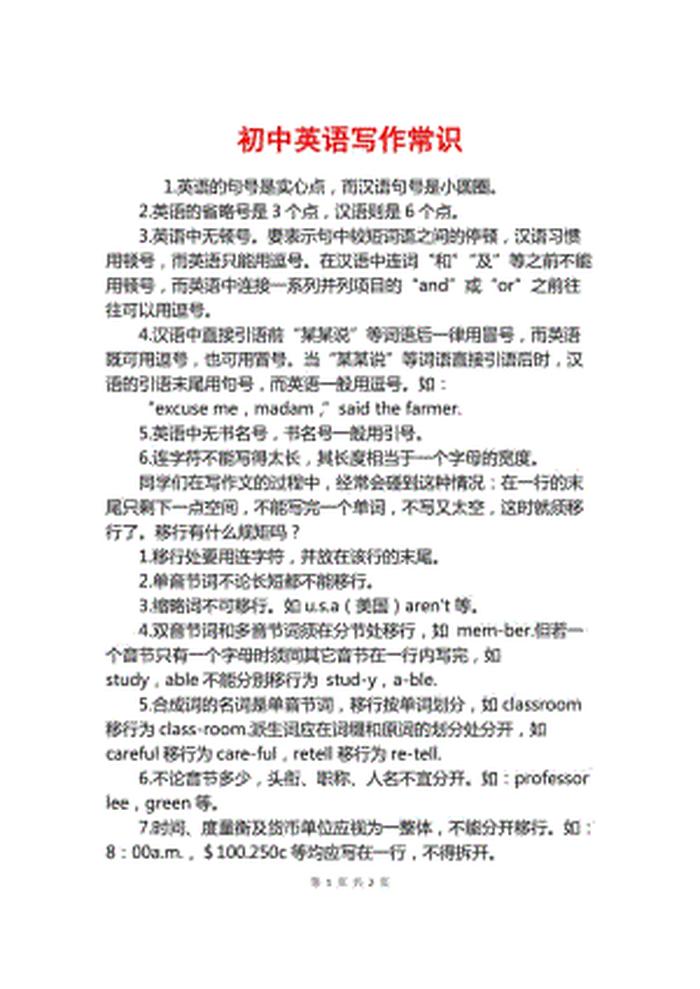
Conclusion:
English phrases are not merely a collection of words but are often deeply rooted in history, culture, and superstitions. Understanding the origins and hidden meanings behind these everyday expressions adds a layer of fascination to our language. By delving into the intriguing world of everyday English, we can appreciate the richness and complexity of the phrases we use in our daily lives. So, the next time you hear a common English phrase, take a moment to ponder its origins and the stories it holds.
以上是关于生活常识有哪些英语,生活中常用英语的介绍,希望对想学习百科知识的朋友们有所帮助。
本文标题:生活常识有哪些英语,生活中常用英语;本文链接:http://yszs.weipeng.cc/zs/528632.html。
猜你喜欢
- 生活常识有哪些课程内容,生活常识知识大全 2024-03-15
- 生活常识有哪些方面内容、日常生活常识必要知识 2024-03-15
- 生活常识有哪些我知道的;生活常识小知识 2024-03-15
- 生活常识是什么意思?、生活常识知识大全 2024-03-15
- 生活常识总结,生活常识大全100条 2024-03-15
- 生活常识必背知识点;一年级必背知识点 2024-03-15
- 生活常识必备知识有哪些;84个万能生活小常识 2024-03-15
- 生活常识必备知识、生活小技巧小常识 2024-03-15
- 生活常识广播稿幼儿园;广播稿生活小常识 2024-03-15
- 生活常识小问题及答案 - 生活小常识知识问答库 2024-03-15


